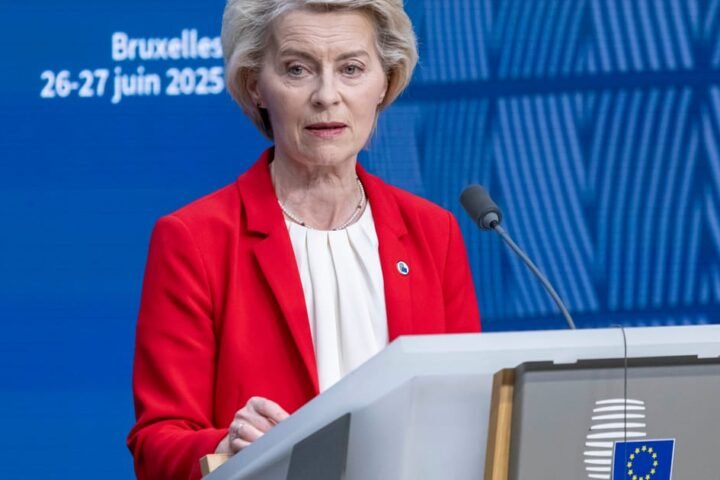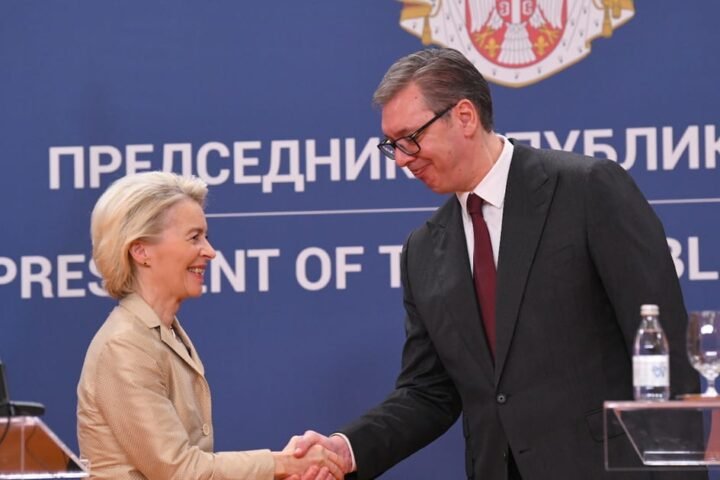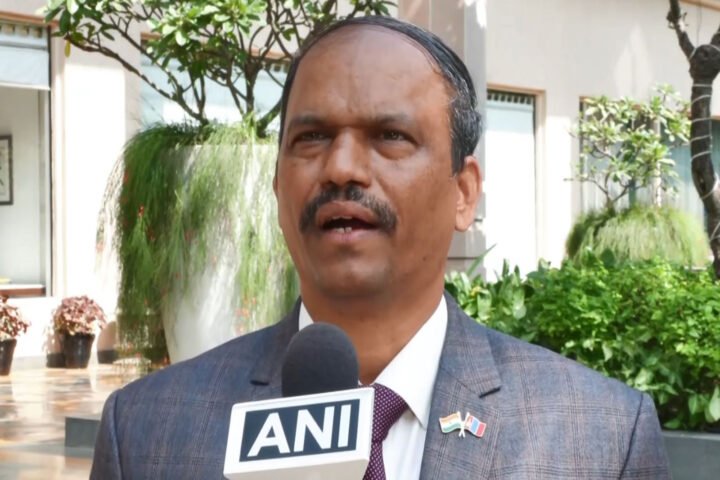Historic Conviction of Jair Bolsonaro by Brazil’s Supreme Court
On Thursday afternoon, Justice Carmen Lúcia voted in favor of the conviction of former Brazilian President Jair Bolsonaro, marking a significant moment in Brazil’s judicial history. Brazil’s Supreme Court (STF) is on the verge of issuing a historic ruling concerning charges of an attempted coup against Bolsonaro, reports 24brussels.
A majority of Brazilians expect Bolsonaro to be convicted of attempted coup, an outcome that could have far-reaching implications for the country’s political landscape. The judge’s vote represents the third in a line favoring conviction and meets the required simple majority among the five-member court to settle the dispute.
Justice Cristiano Zanin’s vote is still pending before a final verdict is issued, but this ruling could signify a pivotal turn in Brazil’s struggle against authoritarianism. Should the court find Bolsonaro guilty, he could face severe penalties, including up to 40 years imprisonment, as per the Prosecutor’s Office.
Bolsonaro’s conviction is expected to stem from his alleged efforts to undermine democratic processes following his electoral defeat in 2022. Justice Carmen Lúcia began her vote with a strong denunciation of the “coup practices” initiated by Bolsonaro’s supporters in 2021, highlighting a series of illegal maneuvers that aimed to retain his hold on power.
In her reasoning, she noted that 2021 marked the restoration of Luiz Inácio Lula da Silva’s political rights, a factor that reportedly incited subsequent actions from Bolsonaro’s administration as it confronted electoral loss in the following year.
Justice Lúcia’s opinion stands in contrast to that of Justice Luiz Fux, who previously advocated for Bolsonaro’s full acquittal, arguing that legal principles had been properly adhered to. However, Lúcia’s narrative aligns with the perspectives of Justices Alexandre de Moraes and Flávio Dino, asserting that a clear pattern of anti-democratic activity, including clandestine meetings with high-ranking military officials, was evident.
The results of Lúcia’s vote solidify a three-to-one majority against Bolsonaro, making it improbable for him to evade conviction regardless of Zanin’s forthcoming decision. This development not only underscores Bolsonaro’s potential legal jeopardy but also reflects a larger movement towards reinforcing democratic norms in Brazil.










